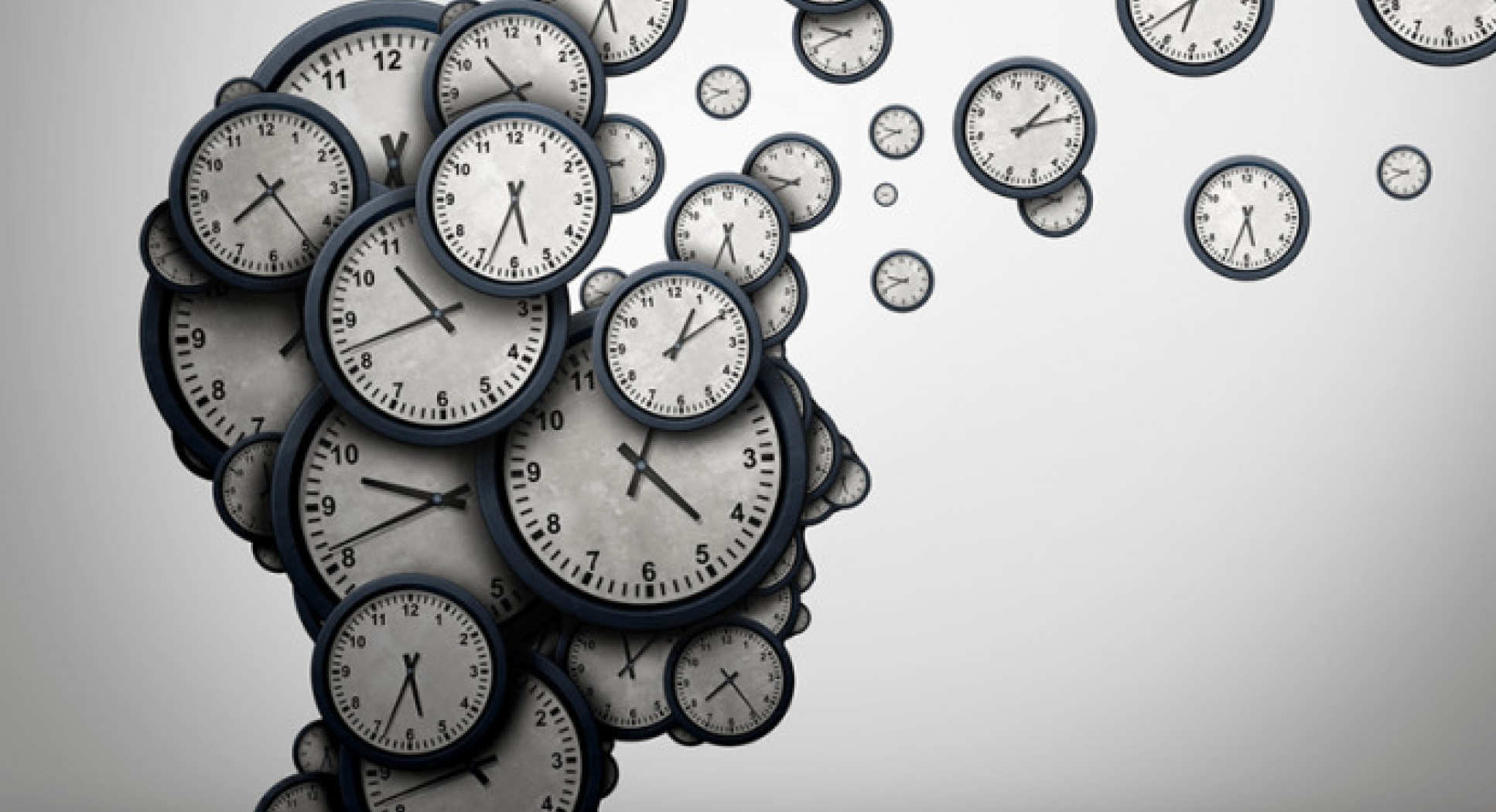
If you are an outstanding student or postdoc interested in joining this group, please get in touch to discuss available opportunities with Dr Marco Brancaccio via m.brancaccio@imperial.ac.uk
Circadian clocks optimize behaviour and physiology by anticipating predictable variations of the environment elicited by the solar cycle.
The circadian system is constantly and unnaturally challenged in modern society: 75% of the world population is exposed to light at night and up to 40% of the work force is engaged in shift work. Most notably sleep/wake cycles, cognitive performances, metabolic function and inflammatory responses are under tight clock control. Chronic perturbation of the circadian system thus results in severe, age-associated conditions, including diabetes, cardiovascular diseases and brain inflammation. Recently, circadian and sleep disruption have been associated to the pre-clinical stages of Alzheimer’s disease (AD), preceding cognitive and memory symptoms by several years. However, the mechanisms driving this dysfunction are largely obscure.
We will identify the molecular pathways, the cellular players, the inter-cellular communication characterising circadian function in the brain and the role of their disruption in the transition from the healthy brain to dementia.
We utilise a wide range of techniques including live imaging, pharmacological and virally-based gene intervention to manipulate circadian brain function in pre-clinical models of AD.
Our long-term goal is to harness circadian clocks with the aim of preventing and/ or delaying AD onset.
Key objectives and contact for lead
Key objectives
Our specific aims are:
- Exploring the role of misalignment of glial and neuronal circadian activities in AD pathogenesis
- Investigating the role of the glial time-keepers in promoting daily clearance of toxic brain waste
- Exploring the role of environmentally driven maladaptive circadian plasticity in AD pathogenesis
Enquiries
If you have any enquiries about this programme or are interested in joining this group, please contact:
UK DRI Group Leader & Lecturer in Dementia Research
Dr Marco Brancaccio
m.brancaccio@imperial.ac.uk
View Dr Brancaccio's professional web page and research publications

